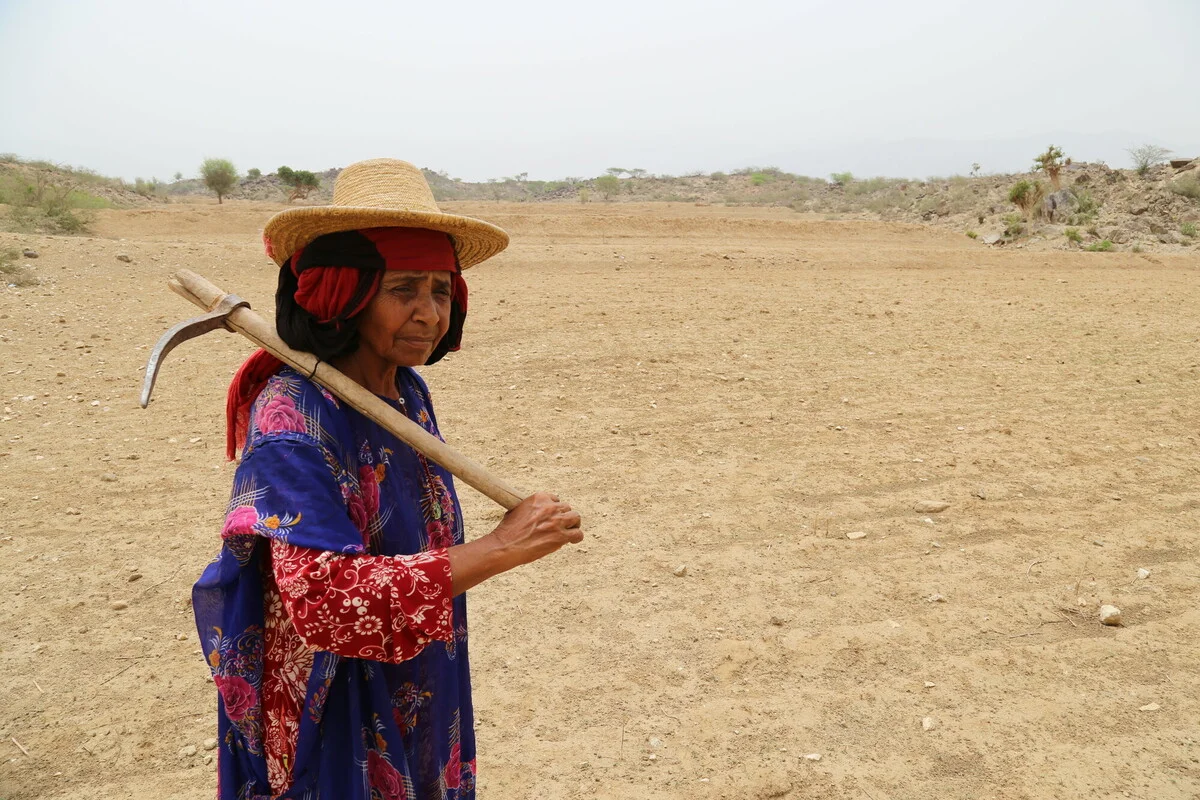The latest UN Climate Change Conference in Tianjin has fallen short of expectations, as did the COP-15 in 2009. And as will future negotiations based on the current hesitation of the world’s leaders, if we don’t act now as a global community to inspire ambitious and fair change.
However working together to prevent one of the greatest challenges to modern humanity is difficult when much of the climate change discourse is shrouded in a facade of policy debate, electoral promises and big money. So let’s get back to basics. Climate change is a social justice issue, and the largest ingredient in social justice issues is inequality.
Climate change up until now has been presented as a problem of collective guilt. But this leads to the assumption that the poor and the rich are both somehow equally responsible, when in fact it is the very existence and divide between rich and poor that fuels many of the climate change issues we are dealing with today. In an unequal world, wealth is skewed. So how does wealth inequality relate to climate change?
Rich countries are largely responsible for the greatest climate change sins, whilst developing countries are often the ones who feel the worst and hardest impacts of climate change. However this trend may not only relate to the country’s wealth, as to its wealth inequality. In the 2008 Living Planet Report by WWF, it was recorded that the two disastrously unequal countries with the greatest per capita ecological impact were the United Arab Emirates and the United States, with ecological footprints of 9.5 and 9.4 global hectares per citizen. A sustainable footprint is 2.1 gha. Interestingly, the egalitarian state of Cuba had a footprint of only 1.8 gha and in 2006, it was the only country to achieve both sustainability and good-quality lives for its people as measured by the UN’s Human Development Index.
Some countries are indeed as wealthy as the US or UAE, but they are not as unequal wealth-wise. Unsurprisingly, they also have a lower ecological impact. What’s more is that these figures are putting aside the fact that nations such as the US do less productive work, especially the dirtiest stuff, within their own borders. The situation is perhaps even worse than it seems.
But we shouldn’t be hiding behind the smokescreen of our guiltily large carbon footprint and do nothing. Nor should we focus on how unscathed we can emerge from negotiations or how much we may even benefit from them to the detriment of other countries. Instead, leaders of wealthy nations should be using these figures to truly realise the devastating scale of climate change and the impact of global inequality in furthering the issue. Social justice is about a fair go, so let’s encourage our leaders to do just that and finally accept their responsibility to help poor countries mitigate and adapt to climate change’s effects.
Social justice is powerful action. The effects of climate change are even more powerful. Let’s not wait to see which dominates.
Merryn Lagaida is a volunteer with Oxfam Australia


